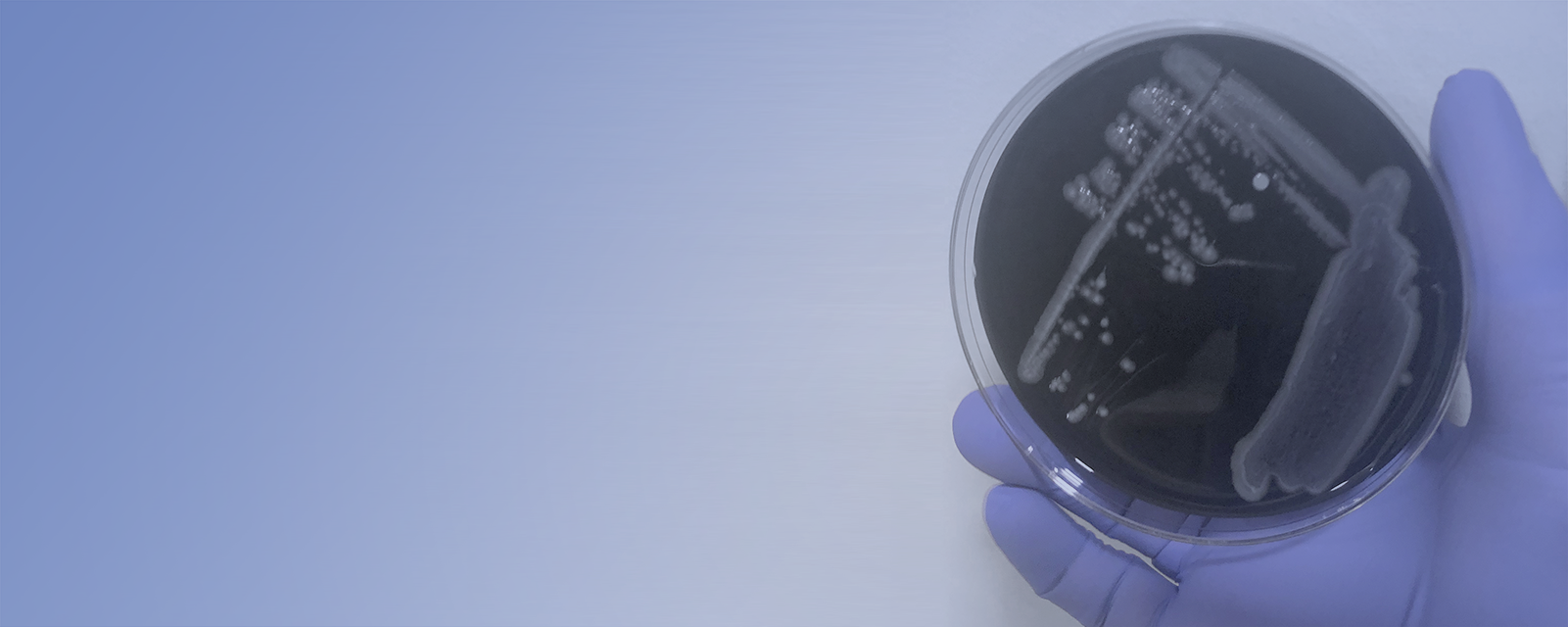
Capabilities
Cel Analytical maintains accreditation through the Environmental Laboratory Accreditation Program (ELAP) and all testing meets the standards of the California Department of Public Health (CDPH).
We employ highly trained analysts and experienced field certified technicians, for a combined work experience that spans the fields of microbiology, virology, molecular biology, and chemistry. For a complete list of Cel Analytical’s capabilities in any of the fields below – section under 'Lab Services'.
Microbiology
Cel Analytical routinely monitors surface water and drinking water at the local and state level, and ensures that our clients comply with EPA requirements defined in the ‘Total Coliform Rule and the ‘Surface Water Treatment Rule’.
In addition to compliance monitoring, we maintain accreditation for a wide range of methods developed by the EPA, the Food and Drug Administration (FDA), CDC_Elite for Legionella and the American Public Health Association (APHA).
Common microbiology techniques include:
Multiple-Tube Fermentation/Most Probable Number (MPN)
Membrane Filtration Techniques
Presence/Absence Methods
Heterotrophic plate counts
Bacteriophage Detection
Pathogen Detection - Class A and Class B Biosolids
Pathogen Detection - Drinking Water and Wastewater Culture methods)
Legionella (Culture Method-CDC Elite/Legiolert IDEXX)
Cell Culture Techniques
Cel Analytical currently offers tissue culture assay(s) for evaluating cytotoxicity of biological contaminants in environmental samples. Total culturable virus assays (TCVA) for enteric viruses can be processed in a number of cell lines depending on the type of viruses Results of Cytopathic effects (CPE) is reported as Most Probable Number of Virus per volume of the sample tested. Detection of enteric virus in biosolid samples is performed by Plaque assay. We can assist our clients in developing specific assays to meet their project needs.
Common Cell Cultures include:
Total culturable virus Assay (TCVA):
Enterovirus in BGM cells
Adenovirus in A549 cells
Beta corona virus HRT cells
Biosolids plaque assay or Most probable Number TCVA assay
Molecular Techniques
Cel Analytical uses quantitative real-time Polymerase Chain Reaction (qPCR) for the amplification of DNA/RNA to provide our clients with faster and more accurate pathogen identification than traditional microbiological methods. We are proud to be one of five national laboratories awarded a contract by the USEPA to validate molecular techniques for Drinking water quality indicators, and a lead Lab with Water Research Foundation to validate molecular methods for viruses including SARS-Cov2 in wastewater
Using our extensive molecular biology background, we can provide pathogen-specific molecular assays to address the individual needs of our clients.
Some of the pathogens that Cel-A has recently tested by molecular analysis include:
Noroviruses
Enteroviruses
Adenovirus
Enterohemorrhagic E. coli, including E. coli O157:H7
Campylobacter
Shigella
Listeria
Bacteroides sp (Human, birds, dog, horse ruminant markers)
Bacteriophages MS2/Phix 174
SARS-CoV 2 N1/N2/E2 in raw and treated sewage
Pepper Mottle Virus
HCoV-OC43
Immunochemistry Techniques
Detection of certain pathogens such as Cryptosporidium, Giardia, and some chemicals including toxins produced by Cyanobacteria (algae) in water requires the application of specialized antibody-based detection systems.
We routinely monitors for these pathogens or chemicals using the following techniques:
Immunomagnetic Separation (MS) / Fluorescence Microscopy - for detection of Cryptosporidium and Giardia in source water and wastewater.
Direct Fluorescence antibody assays for pathogens such as Vibrio Cholera, legionella,
Enzyme-linked Immunosorbent Assay (ELISA)-for detection of Cyanobacteria toxins in source water and surface water.
Chemistry
Chemical analyses are performed on a variety of environmental matrix types, including soil, water, sediment/biosolids.
For organics pollutants, radioactivity, and toxicity evaluations, Cel-A works closely with local certified laboratories that specialized in perform these analyses.
Wet chemistry (gravimetric, titrimetric, electrochemical, pH, chlorine, hardness, alkalinity, and conductivity. percent solids and biological oxygen demands are examples of the analytes performed in-house.)






